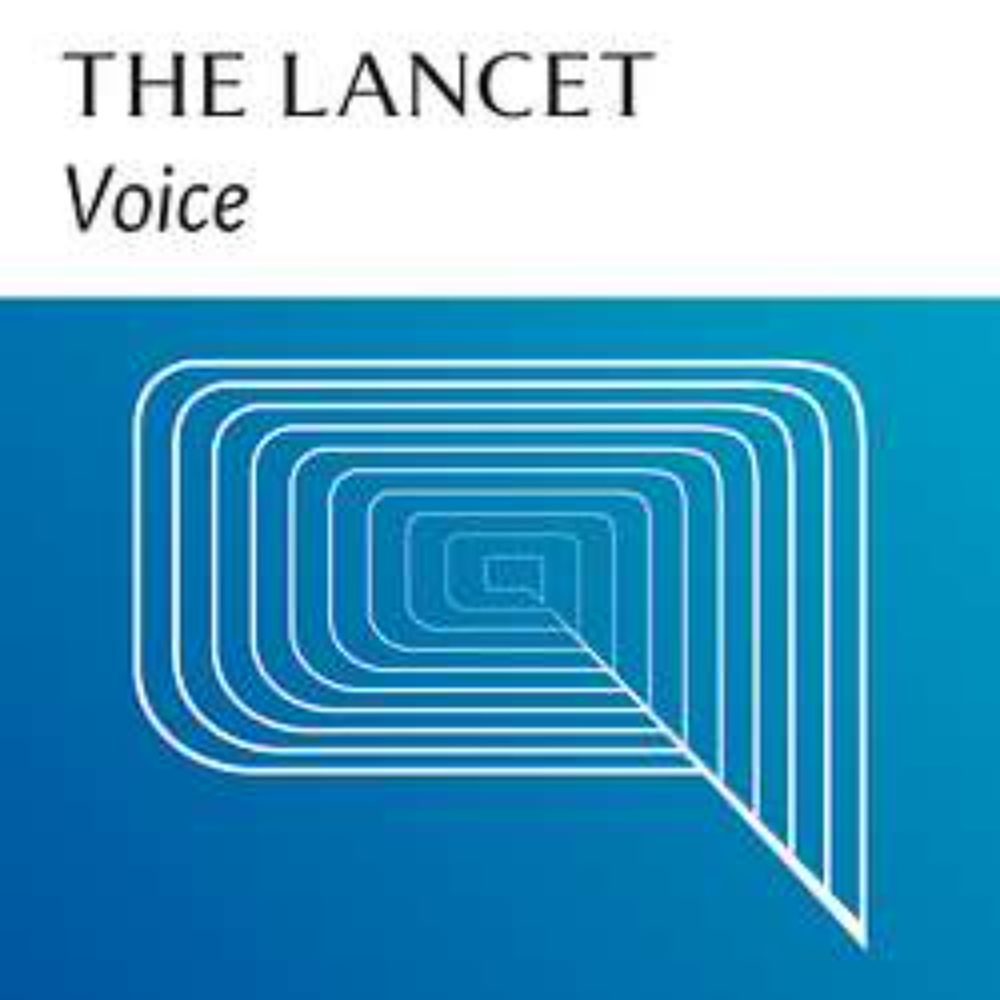Sarah Passey
@soggous.bsky.social
140 followers
94 following
21 posts
✏️ Deputy Editor at The Lancet Obstetrics, Gynaecology, & Women's Health (opinions my own)
☕ Love hot tea, 🎵 musicals, and 🧑🔬science
🐶 Beagle slave
Posts
Media
Videos
Starter Packs
Reposted by Sarah Passey
Reposted by Sarah Passey
Reposted by Sarah Passey
The Washington Post
@washingtonpost.com
· Apr 16

Women, minorities fired in purge of NIH science review boards
Scientists, with expertise in fields that include mental health, cancer and infectious disease, typically serve five-year terms and were not given a reason for their dismissal.
www.washingtonpost.com
Sarah Passey
@soggous.bsky.social
· Apr 17

Withdrawal of the United States from the WHO — How President Trump Is Weakening Public Health | NEJM
Severing the long-standing ties and scientific collaborations between the United States
and the WHO and slashing U.S. financial support will have catastrophic effects on
both domestic and global he...
www.nejm.org
Sarah Passey
@soggous.bsky.social
· Apr 14
Sarah Passey
@soggous.bsky.social
· Apr 7
Reposted by Sarah Passey
Sarah Passey
@soggous.bsky.social
· Feb 20
Sarah Passey
@soggous.bsky.social
· Jan 23

Crossing the blood–brain barrier: emerging therapeutic strategies for neurological disease
The blood–brain barrier is a physiological barrier that can prevent both small and
complex drugs from reaching the brain to exert a pharmacological effect. For treatment
of neurological diseases, drug...
www.thelancet.com
Sarah Passey
@soggous.bsky.social
· Jan 3

The Lancet Neurology Editors on advances in neurology in 2024 - The Lancet Neurology in conversation with
The Lancet Neurology Editors take a look back at advances in neurology in 2024, as highlighted by experts in a series of Round-ups published in the January issue.
thelancetneurology.buzzsprout.com
Sarah Passey
@soggous.bsky.social
· Dec 9

Diagnosis and management of status epilepticus: improving the status quo
Status epilepticus is a common neurological emergency that is characterised by prolonged or recurrent seizures without recovery between episodes and associated with substantial morbidity and mortality. Prompt recognition and targeted therapy can reduce the risk of complications and death associated with status epilepticus, thereby improving outcomes. The most recent International League Against Epilepsy definition considers two important timepoints in status epilepticus: first, when the seizure does not self-terminate; and second, when the seizure can have long-term consequences, including neuronal injury.
www.thelancet.com
Sarah Passey
@soggous.bsky.social
· Dec 9
Sarah Passey
@soggous.bsky.social
· Dec 1
















